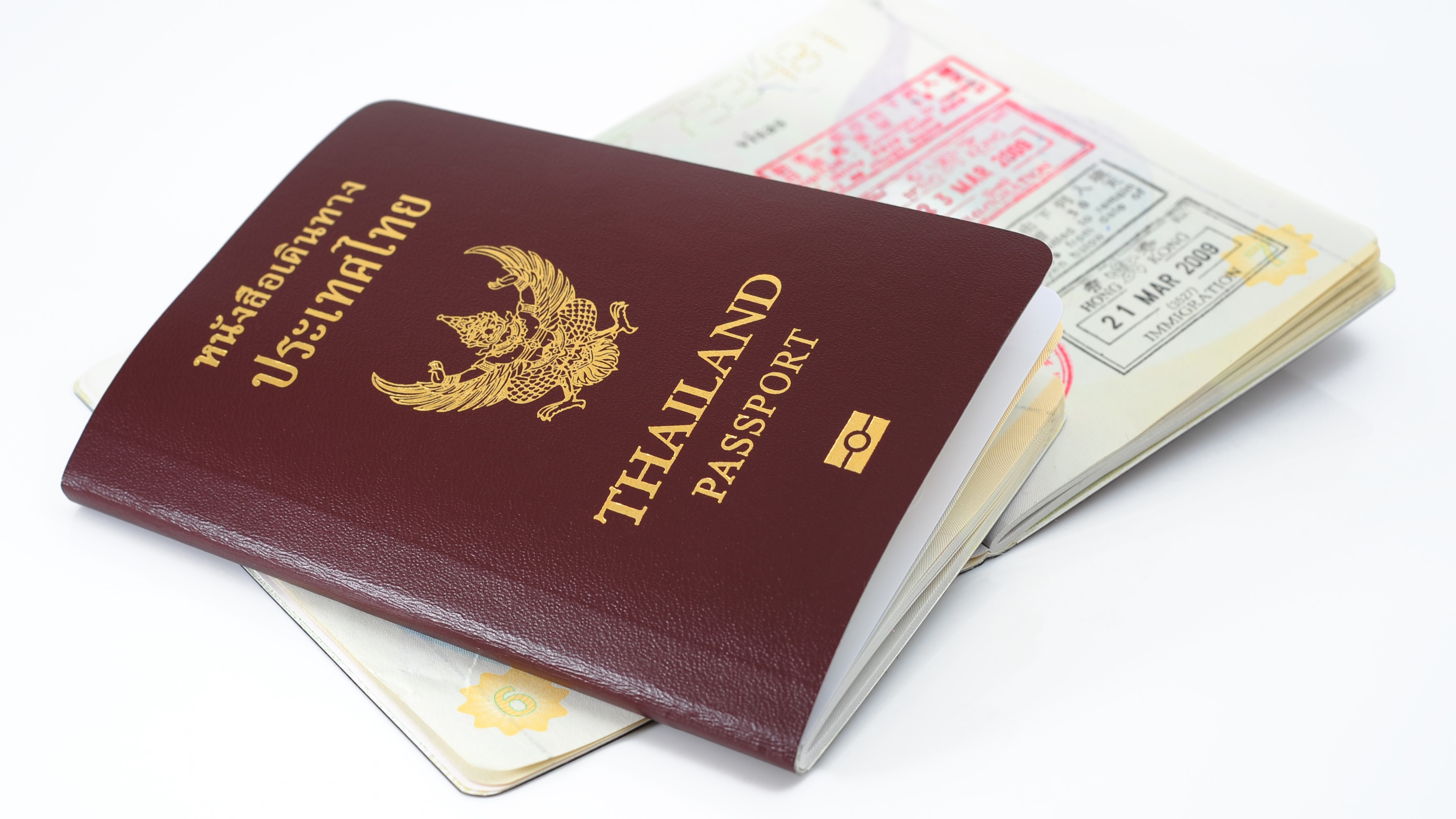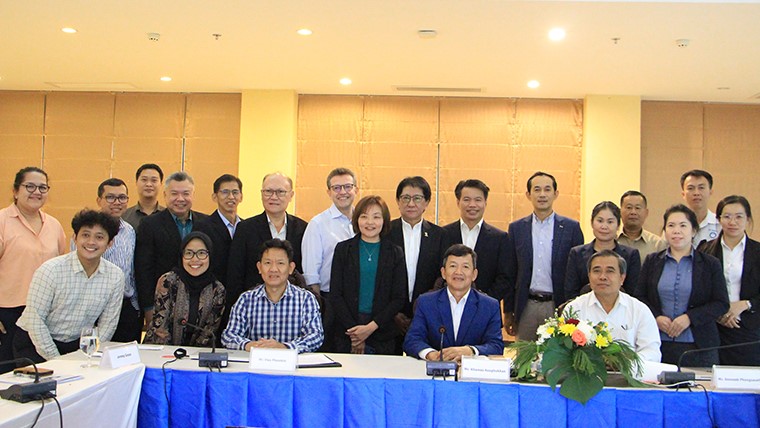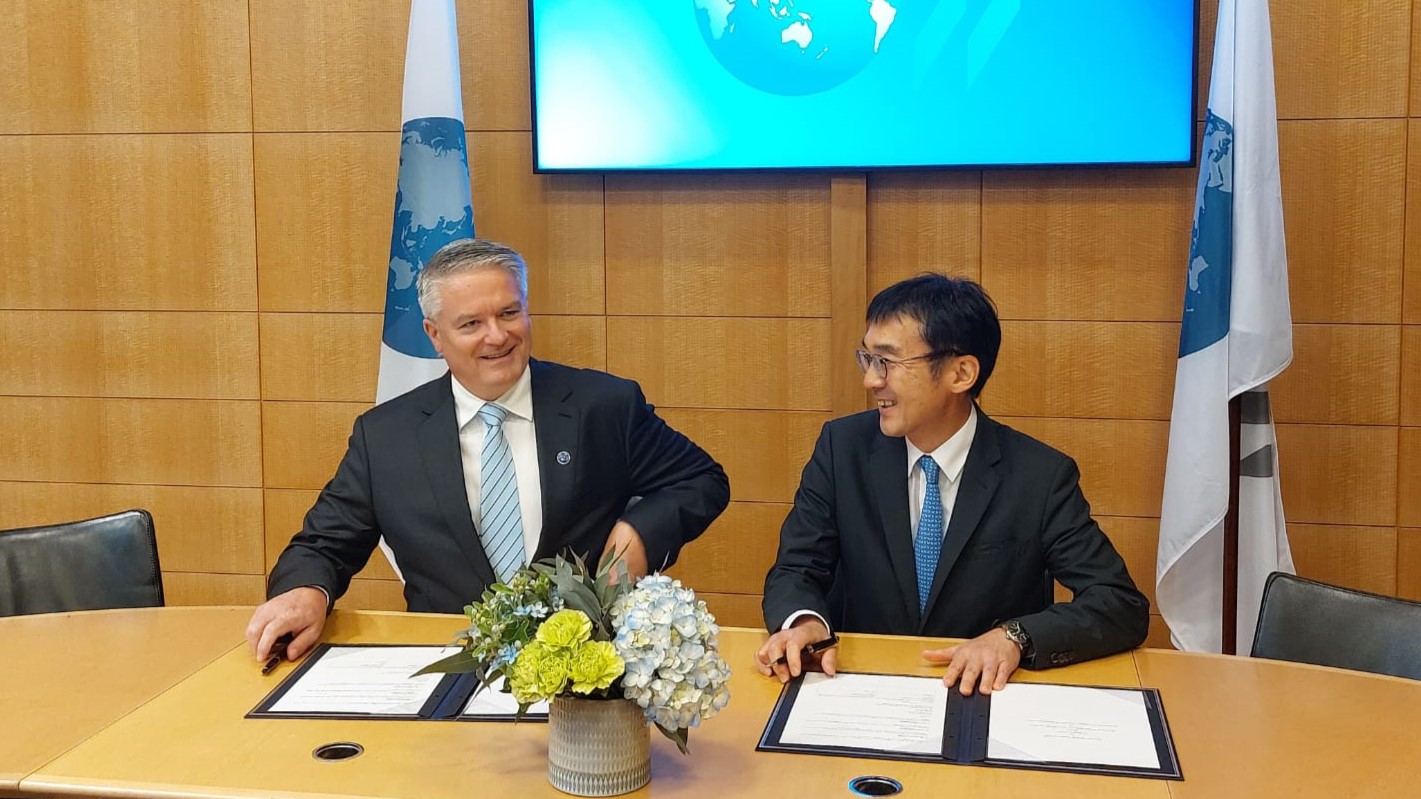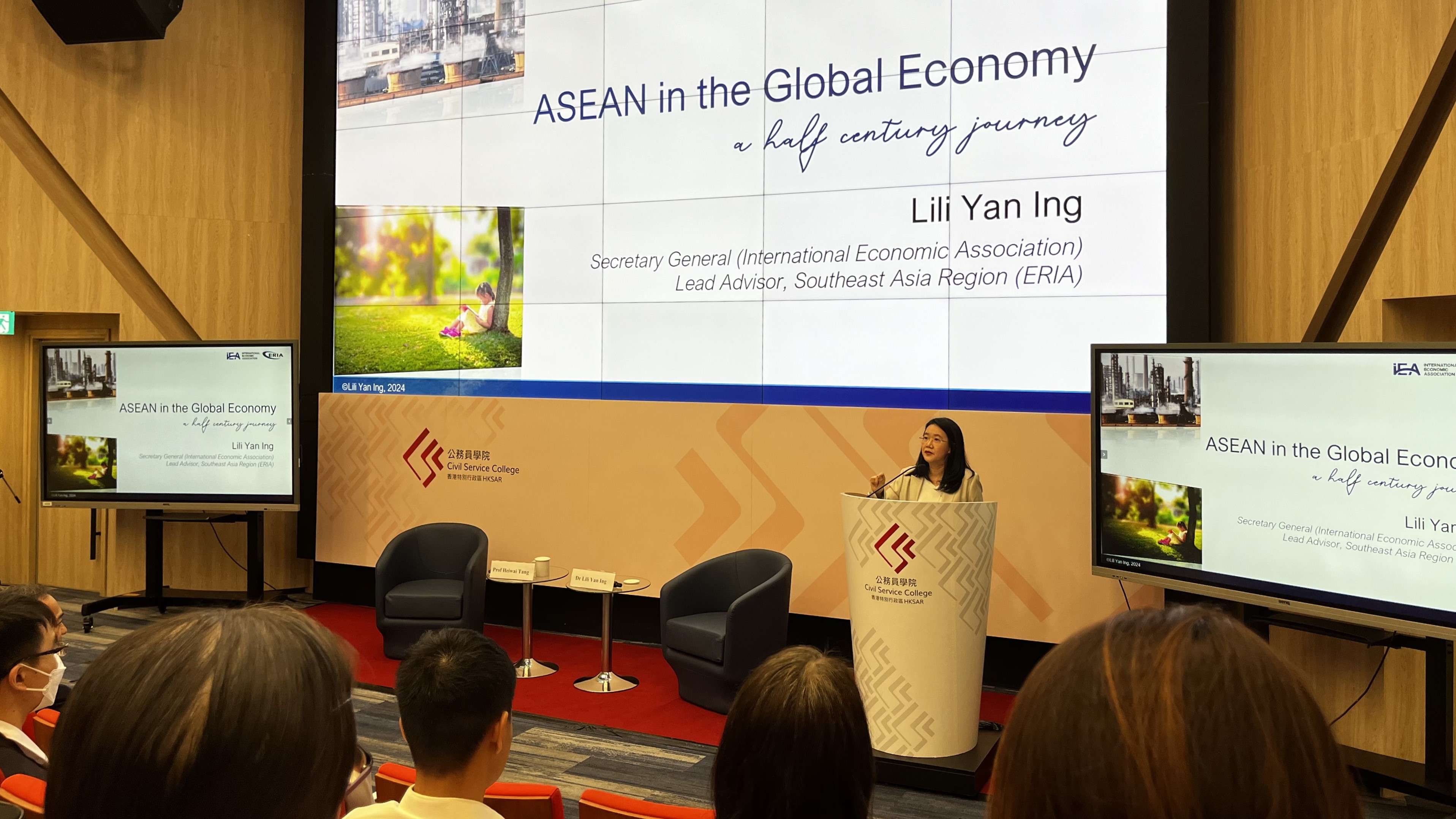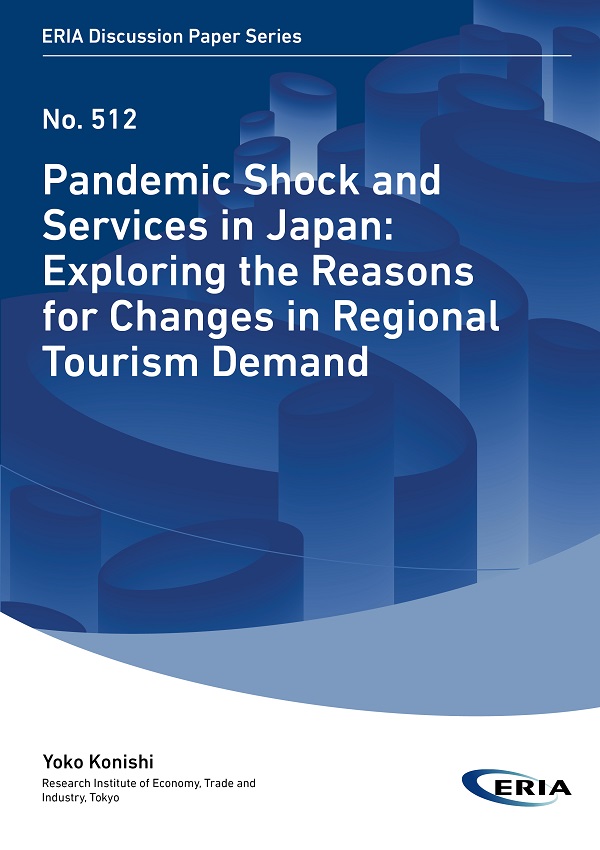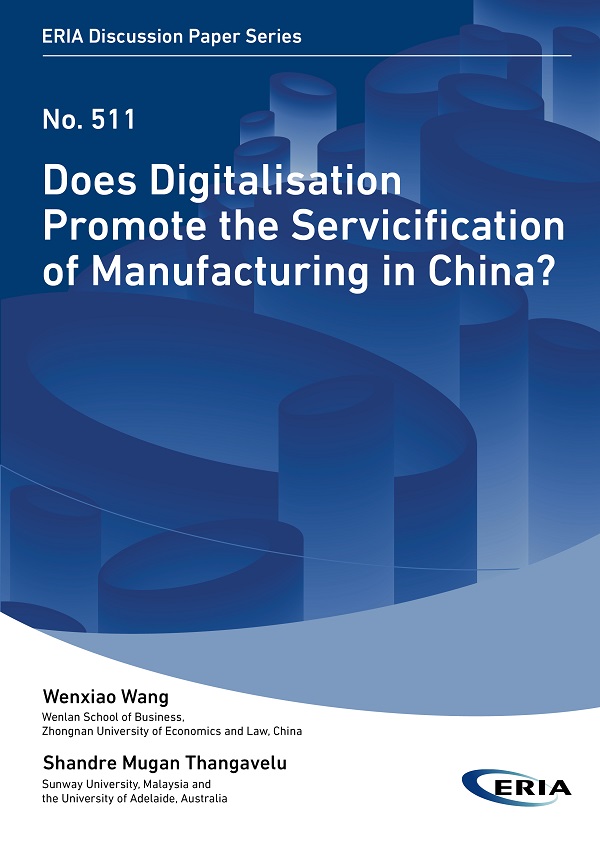Can Thai Passports' Power Get a Lift?
Date:
19 September 2023Category:
OpinionsTopics:
-Share Article:
Print Article:
By Mr Kavi Chongkittavorn, Senior Communications Advisor: At the first cabinet meeting last week, Prime Minister Srettha Thavisin announced one of the government's priorities -- improving the power of Thai passports. It is a headline goal that will require extraordinary efforts to achieve. Upgrading a national passport to a higher level involves numerous factors -- economic, socio-cultural, and political -- as well as the general optics of the partnership countries. After all, the large number of visitors to a country is not an indicator of how powerful its passport is. A country might be given more visa-free accessibility and be popular for foreign passports, but its own passport's power can still be low.
Before discussing the power of Thai passports, one needs to look into Thailand's visa schemes and passport power, as the two are interlinked. The country has been one of the most popular tourist destinations in the world, even though it has been plagued with political turmoil and instability. After the impact of the Covid-19 pandemic peters out, foreign visitors have been flocking here since the beginning of this year. Before the virus outbreak, Thailand enjoyed 40 million plus tourists in 2019, with the Chinese visitors making up 11 million. However, these amazing numbers dropped dramatically during the three-year pandemic hiatus. For the Srettha government, an influx of Chinese tourists is desirable to jump-start efforts to stimulate the tourism industry. Five months of visa-free access for Chinese and Kazakh passports will start on Sept 25.
That is because Chinese tourists have returned to Thailand but not in as great a number as expected. Earlier, the Tourism Authority of Thailand predicted there would be around 5 million Chinese tourists this year. So far, the target remains elusive. Now, with the new visa-waiver scheme, the government hopes to attract more Chinese tourists.
It is an open secret that Thailand has the most erratic visa policies in the world because they are unilaterally conducted. For instance, during the height of the pandemic, the Special Travel Visa (STV) was adopted to allow visitors who met the requirements set forth by the Tourism Authority of Thailand to come to Thailand. To lure more tourists, the government, from time to time, has used a short-term solution by granting visa-waivers arrangements or adding extra countries to the visa-on-arrival scheme.
This time around, the visa-free offer has stirred up lots of mixed reactions. One healthy argument is whether the scheme will benefit the tourists or attract more Chinese. Critics suggested that the 1,000 baht visa-fee waiver would only benefit tour agencies which have or will charge their fellow travellers anyway. Therefore, the new measure would only enrich the tour operators. One popular recommendation has been to provide a 1,000-baht gift coupon for all arriving passengers from China and Kazakhstan to reciprocate their visits. The coupon could be used in exchange for foodstuffs and other products to promote the livelihoods of farmers and people in rural areas.
Truth be told, Thailand grants visa waivers for more countries unilaterally without similar reciprocity from visa-waiver countries. For instance, American and most European passport holders can visit Thailand without any visa for 30 days. However, ordinary Thai passport holders require entry visas. Even diplomatic or official passport holders still need a visa to enter some Western countries, such as the US and European Union (EU) members. Currently, people from nearly 100 countries can visit Thailand without visas or obtain a visa on arrival.
According to the Consular Department of the Ministry of Foreign Affairs, 57 countries have visa-exemption deals with Thailand. At present, the Thai ordinary passport enjoys visa exemption in only 34 countries. However, the number rises nearly three-fold for diplomatic and official passports to 88 out of 227 different destinations. Within ASEAN, the Henley Passport Ranking Index 2023 puts Singapore on the top with the most powerful passport in the world with access to 193 countries, followed by Malaysia and Brunei with the 11th and 20th rankings, respectively. Thailand is in 54th place this year.
To boost the power of Thai passports, the Srettha government needs to have effective economic policies that will raise the income level of Thai citizens, who then can afford more foreign travel. With more Thais travelling abroad, the government can have some leverage in negotiating for visa-free access with the countries of destination, especially those in North America and Europe. Past efforts to negotiate with the EU have been unsuccessful because of strict criteria involving economic and political factors.
Furthermore, the government needs to tighten monitoring and management of the immigration bureau at home, which is notorious for malpractice and corruption, especially at points of international arrivals. Streamlining visa applications and documentation and shortening timeframes at consular offices would also help. Better coordination among governmental agencies is needed both at home and abroad, especially in data processing of applicants' backgrounds. Of late, growing numbers of international criminals have used Thailand as a base for their cross-border activities, such as scam call centres, narcotics-human-arms smuggling, and other illegal operations. As the country opens up, the general public fears more criminals could enter Thailand undeterred.
The Srettha government is in a good position to increase the power of Thai passports. With improved economic growth and stability, more foreign investors as well as tourists will come. Efficient and transparent management of immigration-related policies would also help ensure foreign tourists can visit Thailand. Coupled with the hospitable Thais and attractive tourist spots, mutual trust and confidence among visitors would further promote Thailand. In such circumstances, Thai passports could become more powerful.
This opinion piece was written by ERIA's Senior Communications Advisor, Mr Kavi Chongkittavorn, and has been published in Bangkok Post. Click here to subscribe to the monthly newsletter.
Disclaimer: The views expressed are purely those of the authors and may not in any circumstances be regarded as stating an official position of the Economic Research Institute for ASEAN and East Asia.
